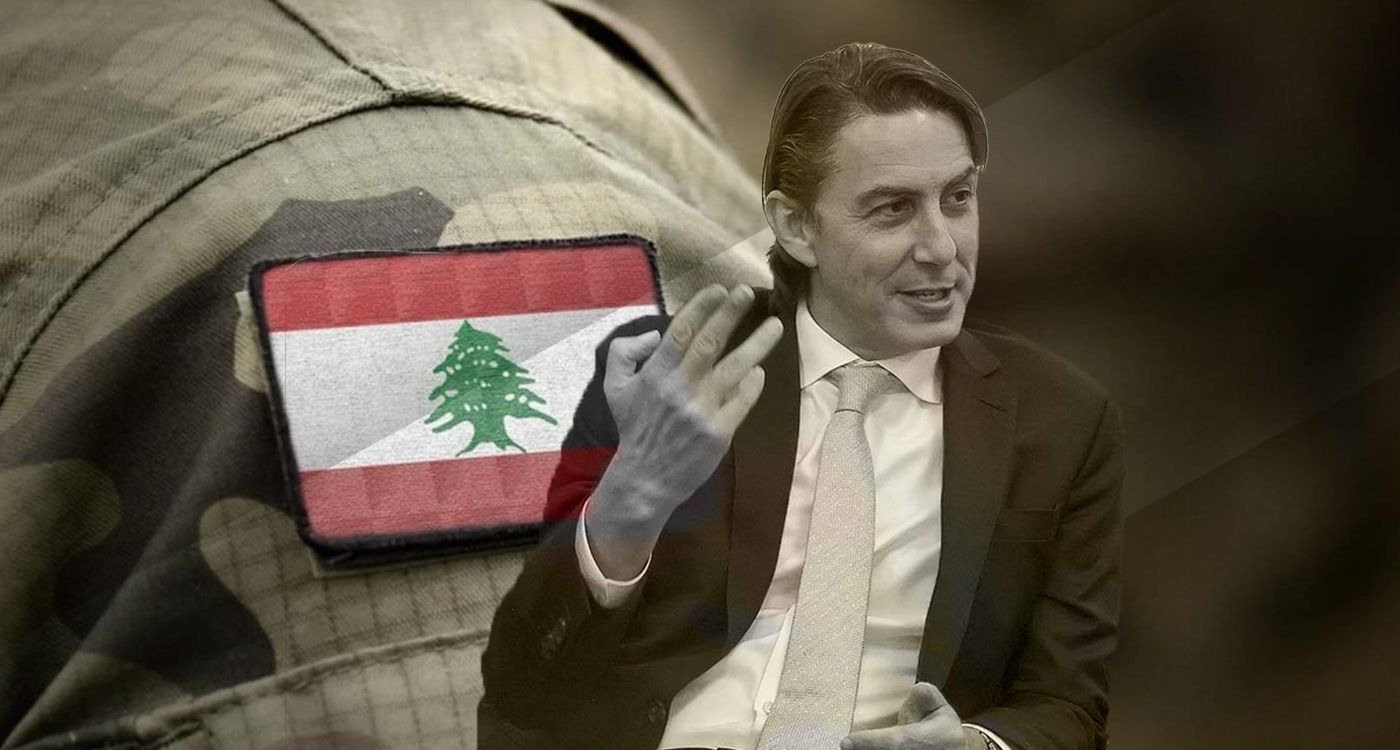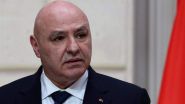
Amid challenges, Lebanon stands on the brink of a transformative opportunity. Recent developments, including a newly established ceasefire between Lebanon and Israel, signal hope for a more stable and prosperous future. US envoy Amos Hochstein's optimistic outlook sheds light on a unified effort aimed at securing peace and revitalizing Lebanon's economy for the long term.
In a recent briefing to the Lebanese American community, Hochstein emphasized the significance of the ceasefire, which has been long anticipated after extensive diplomatic efforts. He underscored the establishment of a monitoring committee that will actively ensure compliance with the agreement, involving discussions and communication to prevent any potential violations between Lebanon and Israel. The urgency of the early days cannot be overstated, as establishing credibility is crucial for sustained peace.
Highlighting the ceasefire's design for permanence, Hochstein discussed the planned phased deployment of the Lebanese army in conjunction with a structured withdrawal of Israeli forces. This transitional approach aims to foster a secure environment while minimizing the risk of conflict. Drawing insights from past experiences, he stressed the importance of a robust mechanism to uphold the ceasefire, referencing the lessons learned from the implementation of resolution 1701 in 2006.
The newly expanded "Tripartite" mechanism, which includes Israel, Lebanon, UNIFIL, the United States, and France, seeks to address any violations in real-time, preventing escalation and ensuring a swift response.
Hochstein reaffirmed the US commitment to strengthening the Lebanese Armed Forces, recognizing their pivotal role in securing the region's future. Furthermore, he highlighted the urgency of international support for Lebanon's economic recovery, identifying immediate reconstruction efforts and long-term investments as critical pathways to revitalization.
The rebuilding of infrastructure and homes and fostering a business environment that attracts investment are paramount. Hochstein noted the potential of the Lebanese diaspora as a tremendous asset in this effort, urging that the entrepreneurial spirit of Lebanese abroad can significantly uplift the domestic economy. Acknowledging past obstacles such as corruption and Hezbollah influences, he expressed optimism for a rekindled relationship with Gulf nations, which had withdrawn their economic support before the recent conflict due to fears of investing in a country plagued by corruption and Hezbollah's influence. The message is clear, he said: Lebanon is prepared to welcome back Gulf investors, and US support will be vital in fostering this renewed partnership.
In a significant policy shift, Hochstein announced that the Lebanese government has authorized its armed forces to take action and enforce the agreement requiring Hezbollah to withdraw from the southern Litani River area. This represents a decisive move by the government: Hezbollah has agreed to leave the region, and they are obligated to do so. The Lebanese army must oversee their departure and establish control over the territory.




Comments